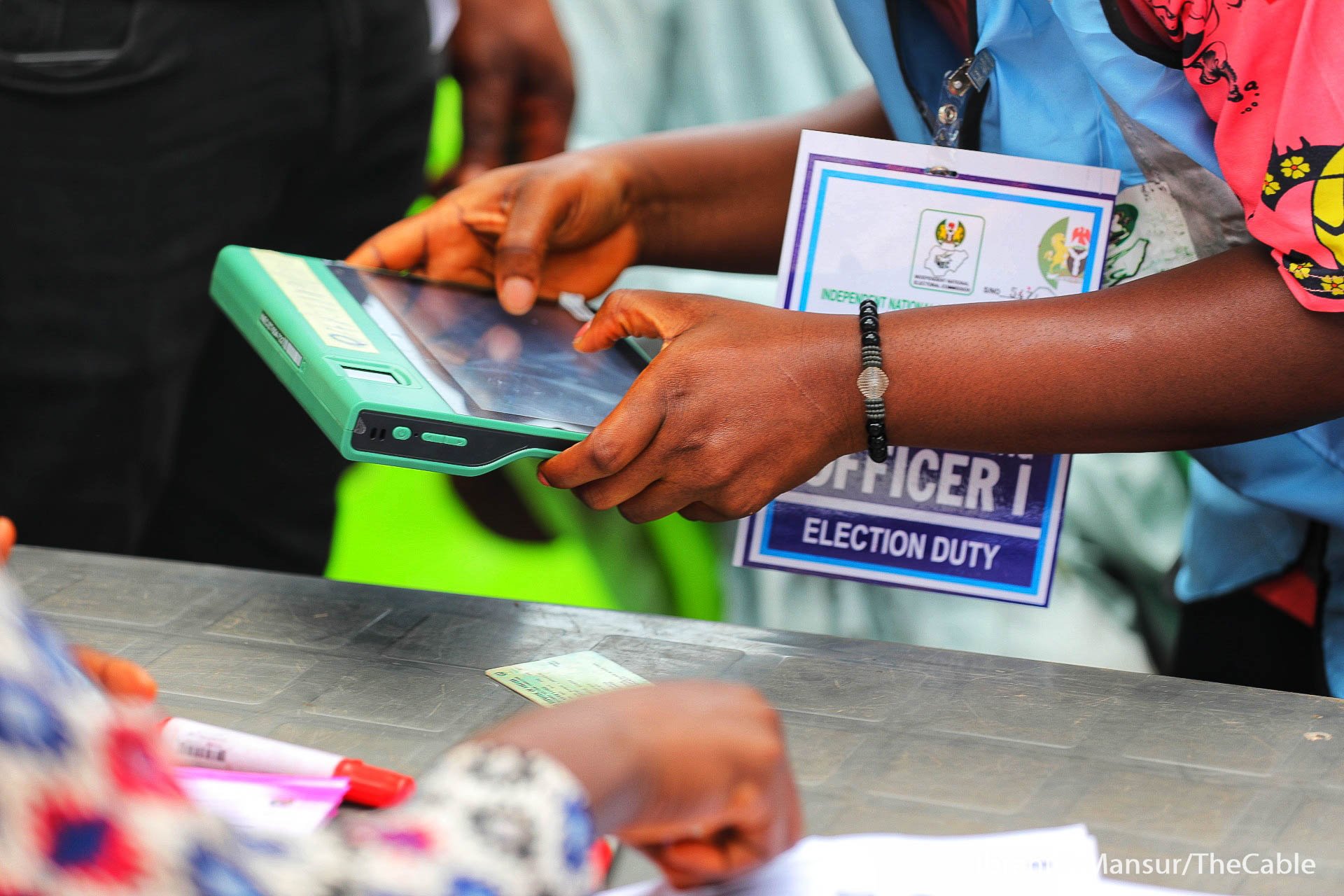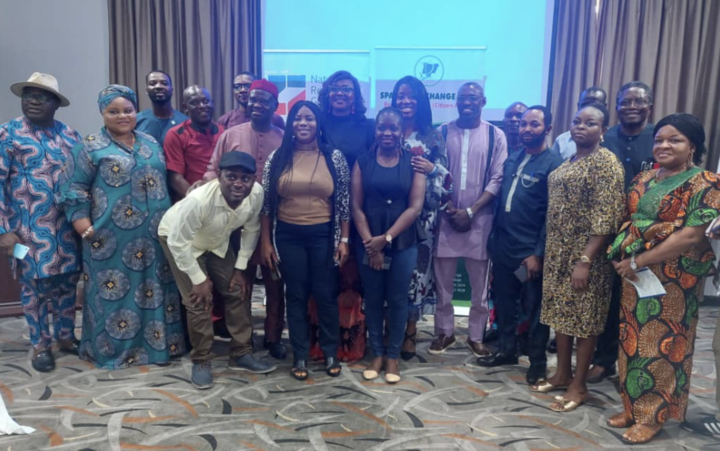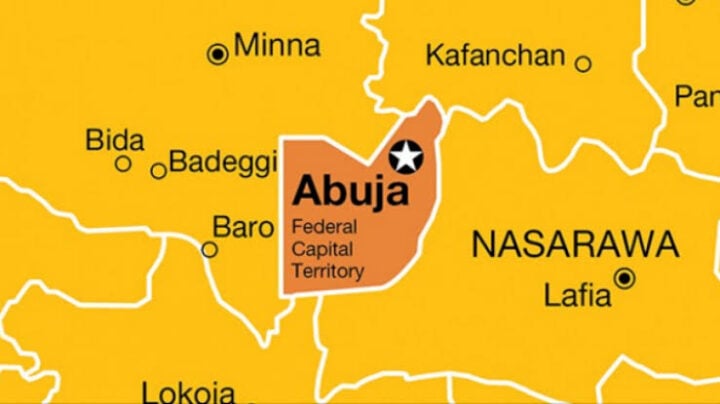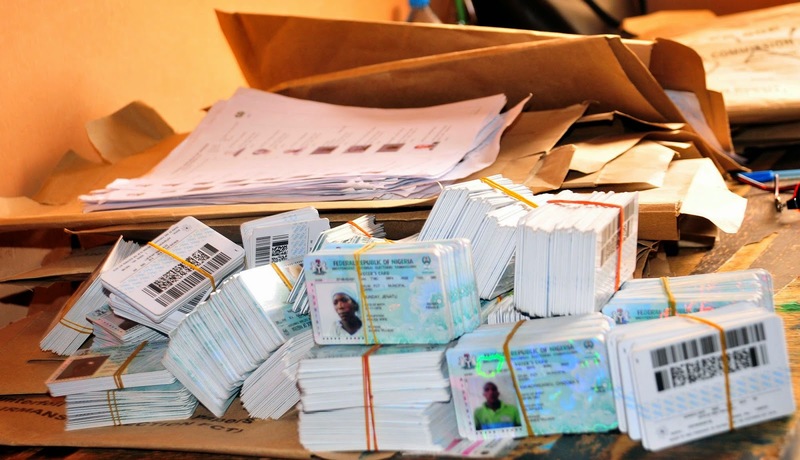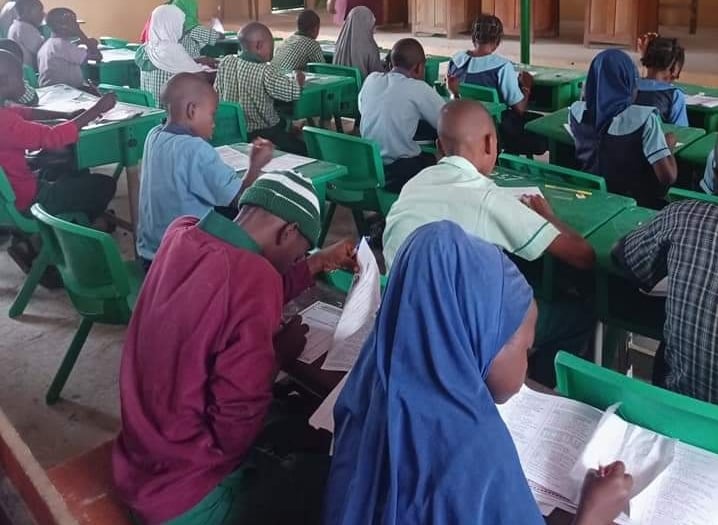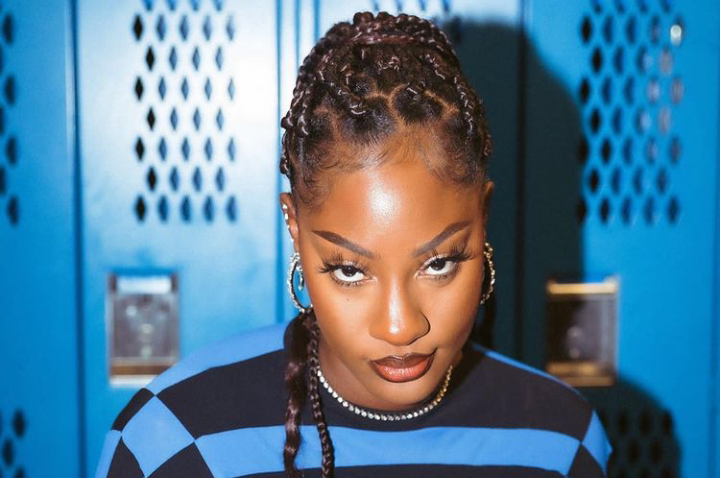Did you know that as a citizen, you can get underage voters disqualified and their names removed from the voters’ register of the Independent National Electoral Commission (INEC)?
With 74 days to the 2023 polls, one contentious issue that has continued to dominate the pre-election conversation is underage voting.
Underage voters are minors who are not up to the voting age of 18 and it is illegal for them to cast a ballot.
WHAT DOES THE LAW SAY?
Advertisement
Nigeria implements the system of universal adult suffrage for elections. This implies that before a person can exercise his or her right to vote, they must first be of “full age”.
Section 29(4)(a) of the 1999 constitution defines “full age” as 18 years and above.
Section 117(2) states that: “Every citizen of Nigeria, who has attained the age of eighteen years residing in Nigeria at the time of the registration of voters for purposes of election to any legislative house, shall be entitled to be registered as a voter for that election.”
Advertisement
The 2022 Electoral Act also outlaws voting by anyone under the age of 18.
Section 12(1) states that: “A person shall be qualified to be registered as a voter if such a person: (a) is a citizen of Nigeria; (b) has attained the age of 18 years; (c) is ordinarily resident, Works in, originates from the Local Government, Area Council or Ward covered by the registration centre; (d) presents himself to the registration officers of the Commission for registration as a voter; and (e) is not subject to any legal incapacity to vote under any law, rule or regulations in force in Nigeria.”
‘HELP US IDENTIFY UNDERAGE PERSONS’
In November 2022, the electoral umpire asked Nigerians to help the commission to identify underage persons on the preliminary register of voters for the 2023 elections.
Advertisement
Festus Okoye, the INEC spokesperson, made the appeal after the commission published the register of voters for the 2023 elections across polling units and on its website.
“The essence of putting out this is for Nigerians to help the commission further clean up the voters’ register,” Okoye had said.
“We want people to look at the register and assist the commission to check whether their names have been properly spelt; whether their personal particulars have been properly captured; whether some pictures are not upside down; whether there are still names of deceased persons on the register; whether there are obviously underage persons on the register so that we can correct them.”
HOW TO GET UNDERAGE VOTERS DISQUALIFIED
Advertisement
As a Nigerian, you can report underage voters when INEC publishes the voters’ register — and on election day.
Section 19(1) of the electoral act mandates INEC to publish the voters’ register for each local government, area council or ward not later than 90 days before the election.
Advertisement
The register, which is to be displayed for a period of seven days, is to enable the public to scrutinise the list.
“Upon displaying or publishing the voters register in accordance with this section, the Commission shall accept and consider objections and complaints in relation to the names omitted or included in the voters’ register or in relation to any necessary correction, within 14 days after displaying the voters register in accordance with this section,” subsection 2 of the act reads.
Advertisement
During the period of the display of the voters’ list, the act states that: “Any person may: (a) raise an objection on the form prescribed by the Commission against the inclusion in the supplementary voters’ register of the name of a person, on grounds that the person is not qualified to be registered as a voter in the State, Local Government or Area Council, Ward or registration area or that the name of a deceased person is included in the register; or (b): make a claim on the form prescribed by the Commission that the name of a person registered to vote has been omitted.”
If there are any complaints after scrutinising the voters’ register, such objections are to be addressed to the resident electoral commissioner (REC) through the electoral officer in charge of the local government or area council.
Advertisement
But this avenue is now closed as INEC has already fulfilled this part of the law when it displayed the preliminary voters’ register between November 12 and 25.
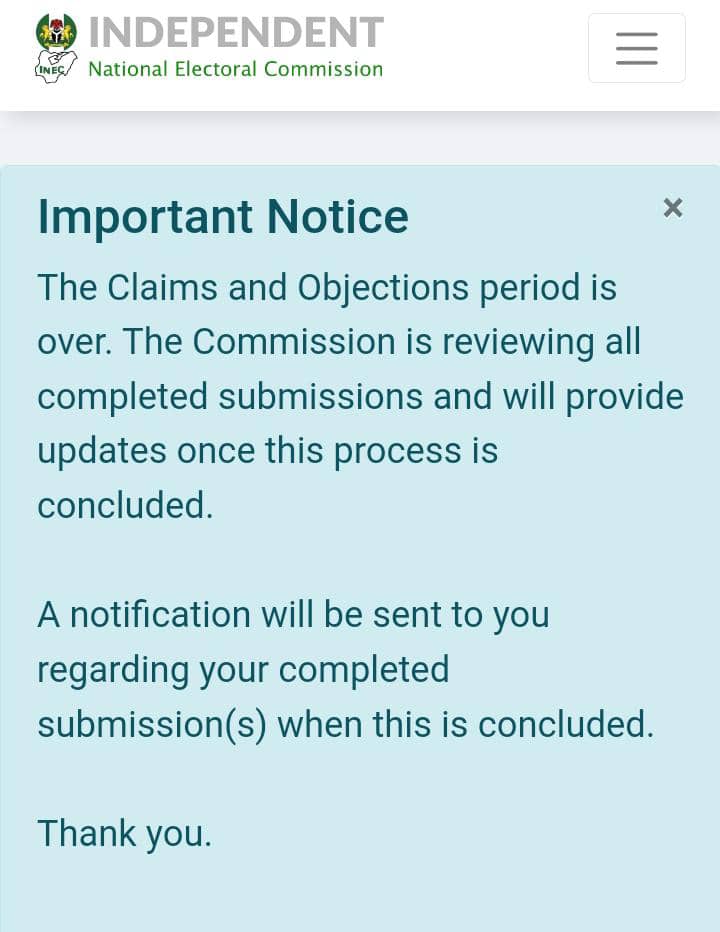
This leaves the option of reporting on election day.
According to the INEC guideline for the conduct of elections, if a person presents himself/herself to vote and the presiding officer is informed that there is reasonable ground to believe that the person is underage, a non-Nigerian, or impersonating, the presiding officer shall:
- Request the person giving the information to complete the prescribed form undertaking to substantiate the charge in a court of law.
- Ask the person against whom the protest is made if he/she is impersonating or underage. If the person owns up, the presiding officer shall not allow him/her to vote and may request the security officer on duty at the polling unit to arrest the person.
- Where the person denies the charge to the satisfaction of the presiding officer, the person will be allowed to vote.
The presiding officer will then report the action taken above in the prescribed form of the commission, and submit it to the registration area/ward collation officer as well as the registration area/ward supervisor.
Add a comment
